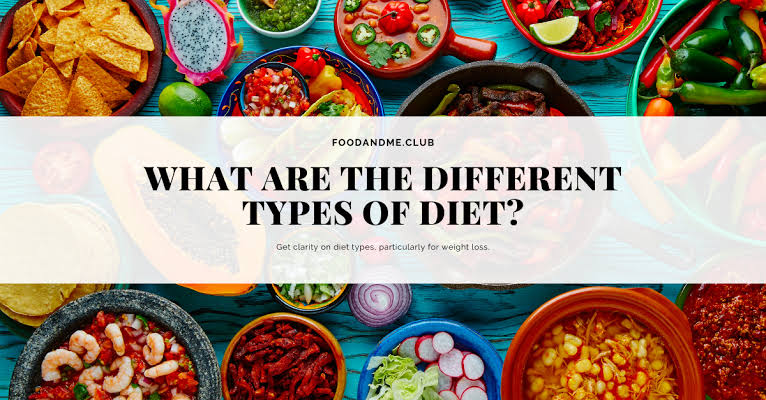
Many types of diet…so what do you choose?
Every one of us wants his body to be harmonious and to look beautiful, and therefore many of us rush to follow a harsh diet without following up with a nutritionist. Unfortunately, most of these attempts fail due to lack of organization and the negative effects of some types of diets. Some types of diets may lead to a severe deficiency of nutrients. Important nutrients, such as iron and other minerals and vitamins, may also lead to what is called (pathological and nervous wasting), where many young women, in particular, resort to deliberately vomiting after eating a meal, in the belief that this prevents weight gain, which leads them to collapse. Psychological and physical at the same time. In most cases, a person returns to his normal eating and his gluttony may even increase. The weight increases more quickly than before.
There are many diets in circulation, which have become fashionable, such as the cabbage diet, the diet of starches, water, fruits, etc.. These are all diets that have no health scientific basis, but are harmful to the body because they are a loss of fluids and minerals present in the body.
The goal of a healthy diet is to choose foods and quantities in proportion to the person’s desire and type of food, so that the person does not feel restricted to a certain type of food or a special diet for him alone and not for his family. It is important that the food consumed includes all elements with a focus on Low-calorie foods, such as fruits and vegetables, reduce fats, and avoid high-calorie foods, such as sweets and fatty foods.
Always remember that losing weight requires some patience, as the first kilograms that the body usually loses in the first weeks of the diet are a loss of fluids and not fat. When patience is lost or a return to the diet, the body regains these fluids and thus the weight.
The fatter a person is, the longer it takes to lose weight. This is because the speed of fat melting in those who suffer from excessive obesity is less than those who suffer from excessive and non-obese obesity. It is always recommended when thinking about starting a diet to consult a nutritionist.
To know whether your body weight is appropriate and the weight is proportional to your height, you can refer to the body mass index table, which is a table that contains the ideal weight that is proportional to height and is calculated in two ways: either by following the table and finding the point that shows the weight in proportion to height, or by performing an operation. A simple calculation by following the following rule: weight (kg) divided by the square of height (m2). For example, when your weight is 65 kg and your height is 160 cm, your body mass index is: 25.6. This is considered a normal and acceptable rate. To know what is the appropriate classification for your body, dear reader, here is this table:
To maintain weight, there are some practical steps that you must take, such as monitoring your weight weekly, exercising regularly (3-5 times a week), always eating a plate of salad or fruit before a meal, eating three meals, and eating low-fat or fat-free products. Fat, and eat a lot of vegetables, fruits, and carbohydrates such as starches, grains, and legumes, as they are a good source of energy, vitamins, and mineral salts, and reduce your intake of sweets and sugar. The type of diet is not important, but what is important is that it suits you and under medical supervision or through a nutritionist.






